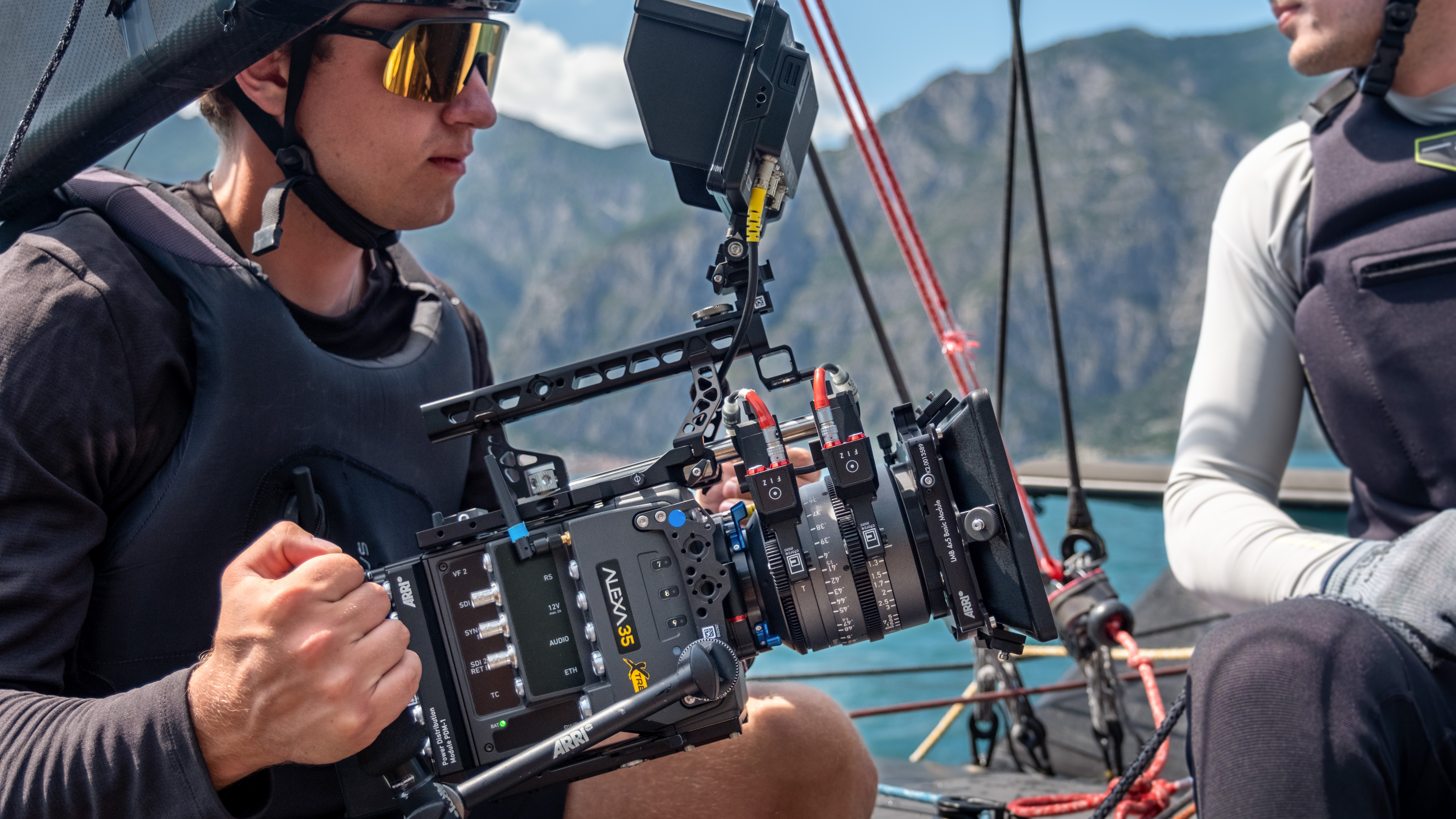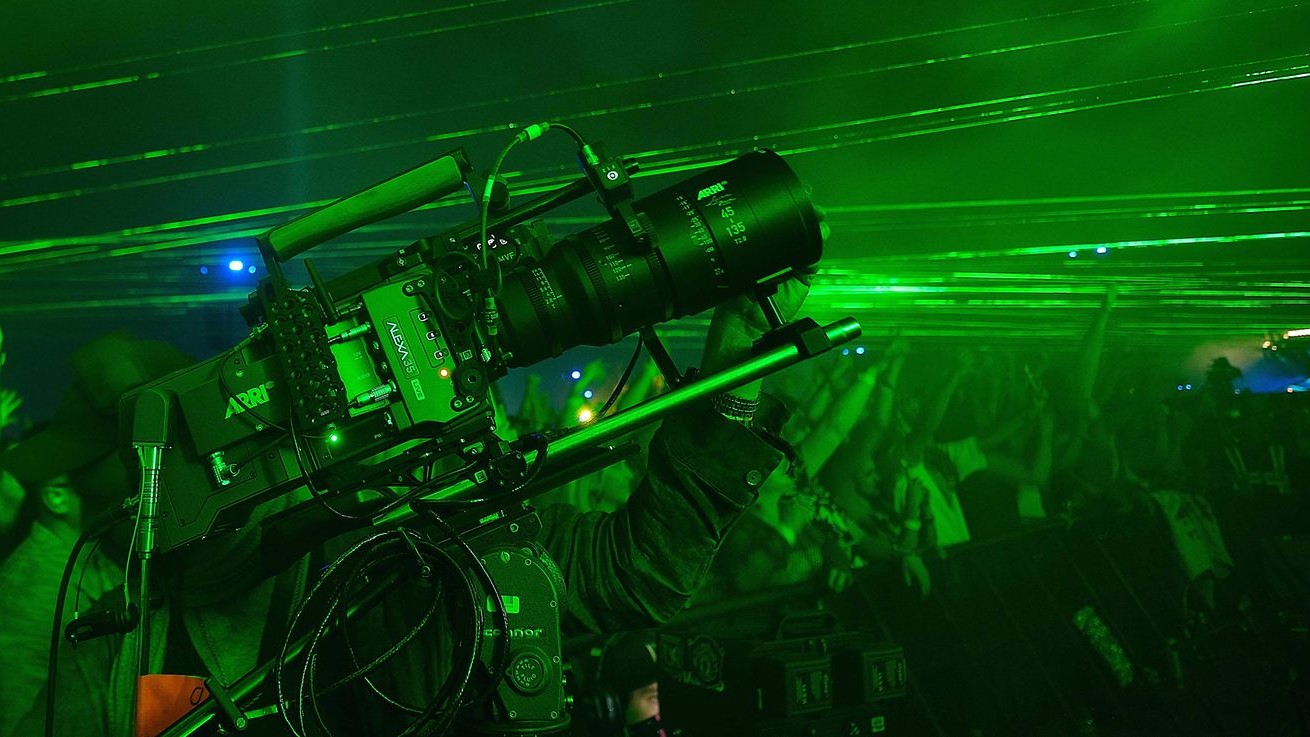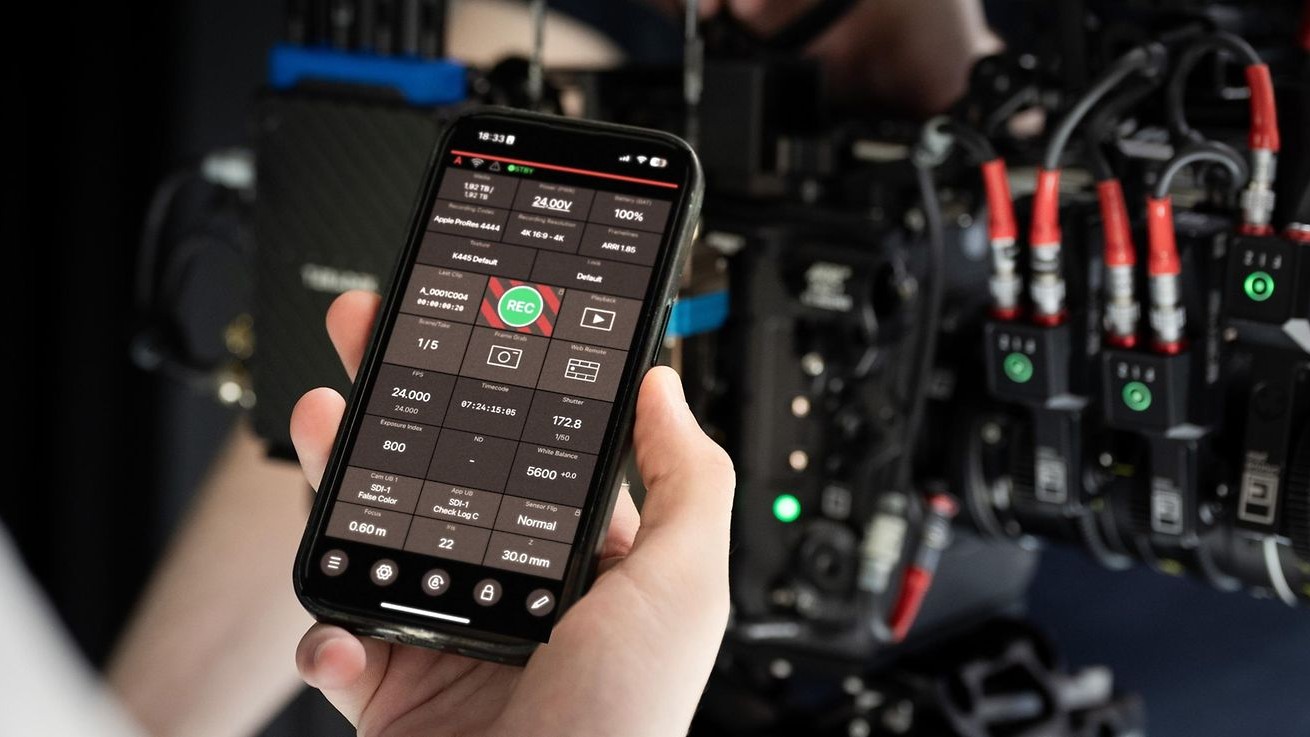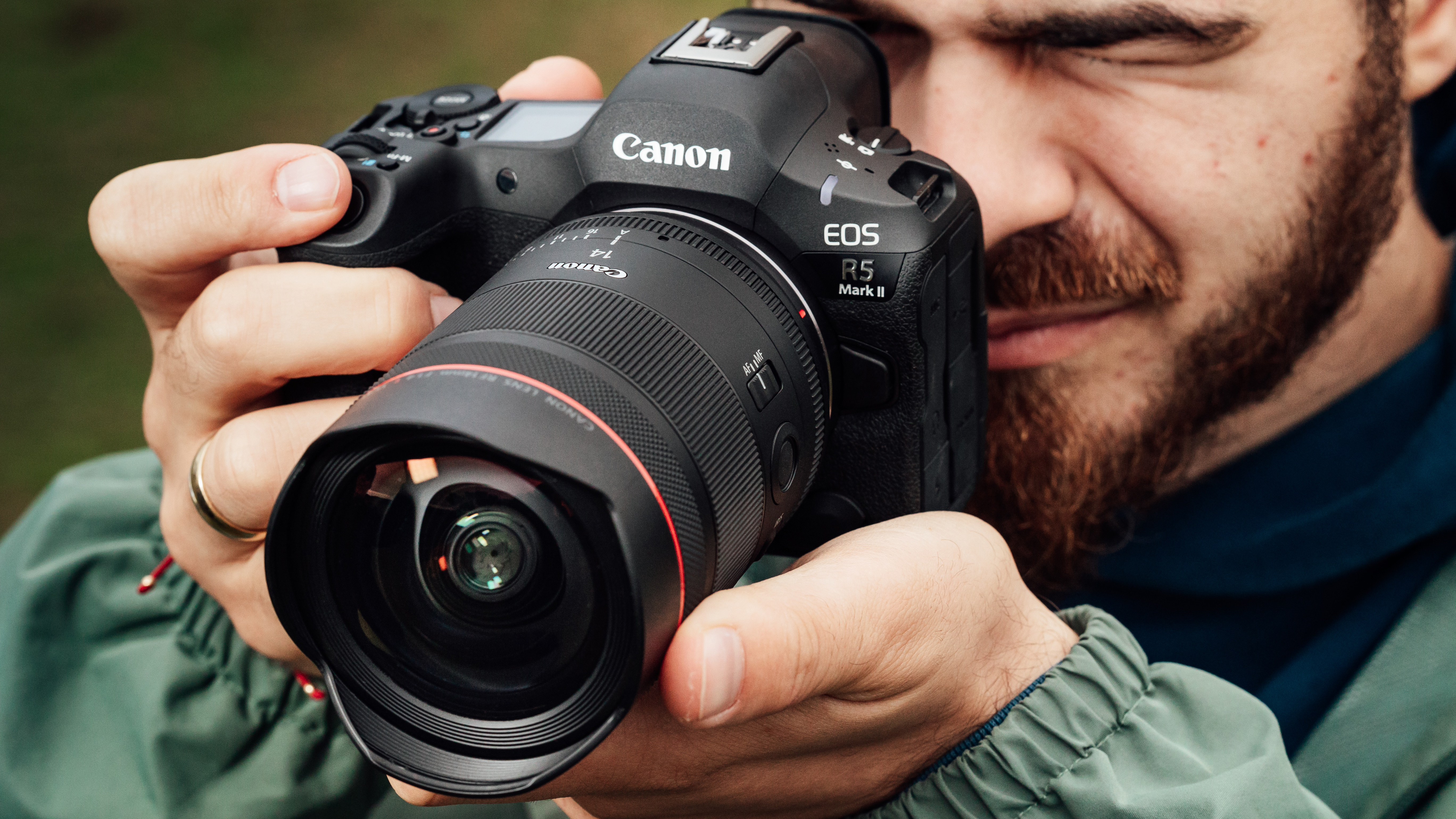
The best camera deals, reviews, product advice, and unmissable photography news, direct to your inbox!
You are now subscribed
Your newsletter sign-up was successful
Arri Group, the German manufacturer of cinema cameras and other filming equipment, is considering its options, including a full or partial sale of the business, according to a report by Bloomberg.
The news has sent ripples through the filmmaking community, as the Munich-based company is one of the biggest names in cinema production.
With offices in 16 countries, including key facilities in Burbank, California – close to major Hollywood studios – Arri is a huge presence in the global filmmaking ecosystem. Its Arri Alexa camera system, for example, was used to shoot several films that won the Academy Award for Best Cinematography, including Hugo, Life of Pi, Gravity, Birdman, The Revenant and 1917.
Epic story
The company's back story is as epic as those movies themselves. Founded in 1917 by August Arnold and Robert Richter (who took the first two letters of their surnames to name the firm), Arri has survived world wars, multiple economic crises and technological changes such as the shift from film to digital.
From its early days, the company pioneered innovations that became industry standards, from 1937's Arriflex 35 – the first camera to feature a reflex mirror shutter – to today's acclaimed Alexa digital cinema cameras. Yet as the Bloomberg report suggests, technical brilliance can only get you so far.
That's not necessarily the fault of the company itself, but the sea in which it swims. The film equipment rental business as a whole – a major part of Arri's operations – has recently come under strain as the post-pandemic production boom has given way to a sharp downturn.
The 2023 actors and writers strikes, which delayed or canceled numerous productions, left rental companies burdened by excess inventory and slumping demand for their high-end cameras, lenses and lighting systems.
The best camera deals, reviews, product advice, and unmissable photography news, direct to your inbox!
But even though the strikes are now becoming a distant memory, the downturn continues: according to industry tracker ProdPro, global spending on film and television production fell 16% to $10.4 billion / £7.7 billion / AU$15.9 billion in the second quarter of 2025.
Streamlining operations
Arri's paid attention to of all this, of course, and it has sold some of the business already, offloading lighting subsidiary Claypaky to Chinese manufacturer EK Inc last year.
This divestment strategy mirrors moves elsewhere in the industry. Herc Holdings recently sold its lighting and grip rental business, Cinelease, to private equity firm Zello, after Cinelease's second-quarter rental revenue plummeted nearly 40% year-on-year.
But despite the financial pressures, Arri continues to push technological boundaries. Last week, the company announced the Alexa 35 Xtreme – a huge upgrade to its flagship cinema camera that features frame rates up to 660fps and introduces the new Arricore codec, which reduces data rates while maintaining image quality.
To help the company survive, Arri has been working with consultancy AlixPartners to streamline its business operations, though no final decisions have yet been made.
We'll be keeping a close eye on what happens next, though. Because as one of the few remaining independent camera manufacturers, with over a century of heritage, any change in ownership for Arri could have far-reaching implications for filmmakers and the industry as a whole.
You might also like…
Take a look at the best cinema cameras and the best cine lenses, along with the best cameras for filmmaking.
Tom May is a freelance writer and editor specializing in art, photography, design and travel. He has been editor of Professional Photography magazine, associate editor at Creative Bloq, and deputy editor at net magazine. He has also worked for a wide range of mainstream titles including The Sun, Radio Times, NME, T3, Heat, Company and Bella.
You must confirm your public display name before commenting
Please logout and then login again, you will then be prompted to enter your display name.



